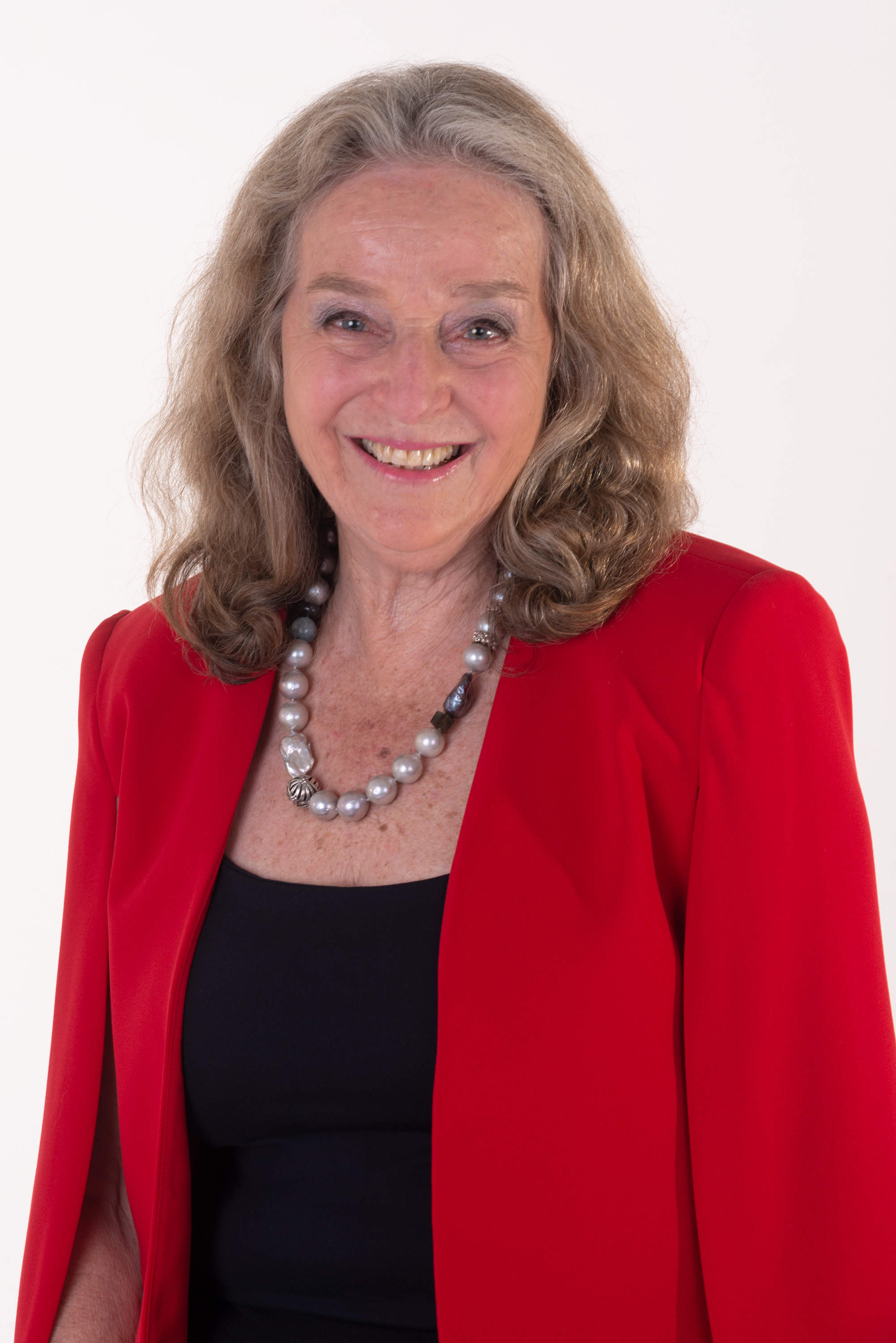
It has not been a good few weeks for the BMA. Headlines and comments like ‘dark dinosaur infested depths of the world of GP politics’ and ‘Female doctors groped, propositioned and harassed by senior male colleagues in BMA’ have not made good reading. It is very sad that experienced women on GPC are standing down following their revelations of sexual harassment.
At the start of the #MeToo movement, many men expressed surprise at the number of women who had been the victims of sexual harassment. In 2017/18, an MWIA survey revealed that 34% women doctors suffered sexual harassment at work. For 22% of these, their job or future job depended on performing unwanted sexual behaviours. 52% said that ‘someone was coming unnecessarily close in a physical or sexual way’ and 62% received comments on appearance in an unwanted or sexual way. In 15% of cases, the women doctors were coerced to have physical contact that was unwanted or sexual, and 5% were coerced to have more serious sexual encounters, including rape.
The current systems in place are inadequate, intimidating and unsupporting
Focusing on the current allegations at the BMA, it is clear that, as in many other spheres, there is a major problem with sexual harassment. Only a fraction of those affected report the incidents, and we must commend the courage of those women who have come forward. There are 77 voting members on GPC, of whom 25 are women. During a discussion on perceived lack of gender balance, there were apparently ‘eye rolls and uncomfortable grunts in the GPC chamber’. I remember well when I was on GPC the ‘nudging’ and jokes made during the equality and diversity sessions that we were required to attend. It is essential that capable and effective women are not disadvantaged when seeking positions of influence; that they can go about their work without being subjected to unwanted sexual advances; and equally importantly, that they are not forced out by unacceptable behaviour.
What is to be done? A wholesale culture shift is needed, and perhaps a change of structures. GPC meetings take place once a month, with an overnight stay before the meeting for those who live far from London, and a dinner that evening. One senior woman on GPC said that she felt unable to attend evenings of drinking and fine dining away from home without a family member to accompany her, after being propositioned by a male colleague.
I welcome the independent enquiry into sexual harassment at the BMA, as long as it is truly independent. There must be a policy of zero tolerance, and there must be consequences for the perpetrators, once proven ‘guilty’. The BMA must have proper sympathetic reporting structures, and good collection of data. The current systems in place, including codes of conduct and the inappropriate acronym ‘LOV’ (‘Living our Values’) are inadequate – intimidating, and unsupporting. Institutions should convey that reporting sexual harassment is important and courageous. An apology, a public apology, is worth so much to women who have been in this situation. Because it means ‘I believe you’.
There are many men who are supportive. We need men to call other men out. There must be disciplinary procedures for people who ‘cross the line’. The temptation to keep the matter private, as happens at present, is very great.
Dr Clarissa Fabre is a GP in Sussex and president of the Medical Women’s International Association (2019-2022). She was also the GPC regional representative (2005-2012) and president of Medical Women’s Federation (2010-2012).
Pulse October survey
Take our July 2025 survey to potentially win £1.000 worth of tokens
















